
Greens/EFA launch sustainable post-COVID-19 economical recovery plan
Lisbon, 28 April 2020 – The Greens/European Free Alliance (Greens/EFA) group in the European Parliament launched a €5 trillion recovery and resilience plan[1] for the next 12 years in the European Union (EU).
Calling for the construction of a more resilient, sustainable, shared and just future, the Group of the Greens/EFA, the political group to which PAN MEP Francisco Guerreiro belongs, wants the European Green Deal to be the center of the economic and social recovery strategy in order to initiate a truly revolutionary transformation that ensures that all sectors are on their way to achieving climate neutrality.
This recovery plan is based on three strategic axes:
1. Resilience: a massive but sustainable investment plan is needed.
Combining the strong action of the European Central Bank with the mobilisation of all fiscal (European budget, national, regional and local budgets) and financial (mainly the European Investment Bank) tools, a stimulus package with the European Green Deal at its cores will be able to recover and strengthen the European economy. This plan must be financed by all countries, according to their economic strength, and by the private economy that for many years benefited from the current economic model. The financing of the plan should focus on:
a) a robust European budget (Multiannual Financial Framework of 1.3% of Member States' GNI).
b) in the joint issue of Eurobonds worth 1 trillion euros.
c) new sources of revenue for the European Union, such as environmental taxes on carbon emissions, pesticides, plastic or kerosene (aviation tax), or contributions from multinationals in the digital and financial sectors.
2. Sustainability: strengthening society in accordance with the planet's environmental limits.
To this end, the Greens defend the implementation of a series of measures in different areas:
a) The EU must include in the Climate Law the goal of reducing emissions by 65% by 2030 and achieving carbon neutrality by 2040, at least.
b) Adjust the EU's strategy to protect and restore biodiversity, setting common goals for restoring at least 30% of European ecosystems.
c) Define harmonized criteria to specify the economic activities that should be phased out due to their negative environmental impacts.
d) Promote food production compatible with the limits of the EU's ecosystems, providing more support for sustainable, local and organic production e) set targets for reducing meat consumption while stimulating the consumption of vegetable proteins.
f) Reduce pesticide dependence by supporting the use of 50% less pesticides by 2025 (80% less by 2030 and 100% less by 2035) and 50% less synthetic fertilizers by 2030.
g) Ensuring full transparency in the distribution of funds from the Common Agricultural Policy and the European Maritime and Fisheries Fund, in order to guarantee the end of perverse subsidies and that small producers benefit largely from these funds and those resulting from the post-Covid-19 investment plan.
h) Decarbonize the way we travel, improving mobility within cities and promoting clean means of transport.
3. A more just and supportive world: common responsibility to help the people most affected by the crisis and the urgent need to address inequalities within the EU.
Universal social security systems are needed as a human right and as stabilizers in case of future crises. This means protecting all individuals and ensuring that they can survive and live with dignity.
a) Creation of quality sustainable jobs. In addition to the strengthening of social security systems and unemployment benefit mechanisms, legislative action is necessary to ban zero-hour contracts, end the practice of unpaid post-graduate internships and ensure worker status for non-standard workers, such as platform workers.
b) Social, environmental and health justice must be at the heart of our society. Examples of priority actions are improving the conditions of formal care work, recognizing the status of informal caregivers, reviewing our rules on work-life balance, and making substantial investments in promoting mental health in social services.
c) One of the dramatic consequences of the COVID-19 pandemic is the increase in the number of cases of intra-family and gender-based violence. There is an urgent need to increase funding to support victims, to ratify the Istanbul Convention and the European Commission to present a legislative proposal to combat gender-based violence.
d) Several problems of international and multilateral cooperation have been highlighted with the virus. There is a need for deeper cooperation and faster European responses, such as an EU that demonstrates genuine solidarity, compassion and common action, putting human rights at its heart.
“We will come out of this crisis, but we need to know what world we want to return to. This is the time to redesign our future,” says Francisco Guerreiro.
"The next Multiannual Financial Framework will be essential to guarantee adequate financing for the European Green Deal and the transition to a truly circular and decentralized economy," concludes the MEP.
On Wednesday, 6, the European Commission will announce its plans for a post-crisis recovery and a new proposal for a Multiannual Financial Framework.
See the Greens/EFA sustainable recovery proposal here:
https://extranet.greens-efa.eu/public/media/file/1/6494
[1] 5 million millions

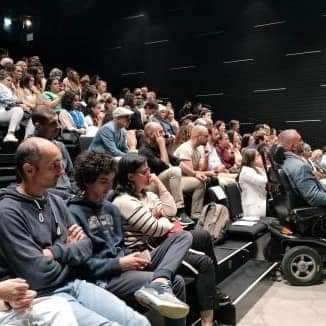
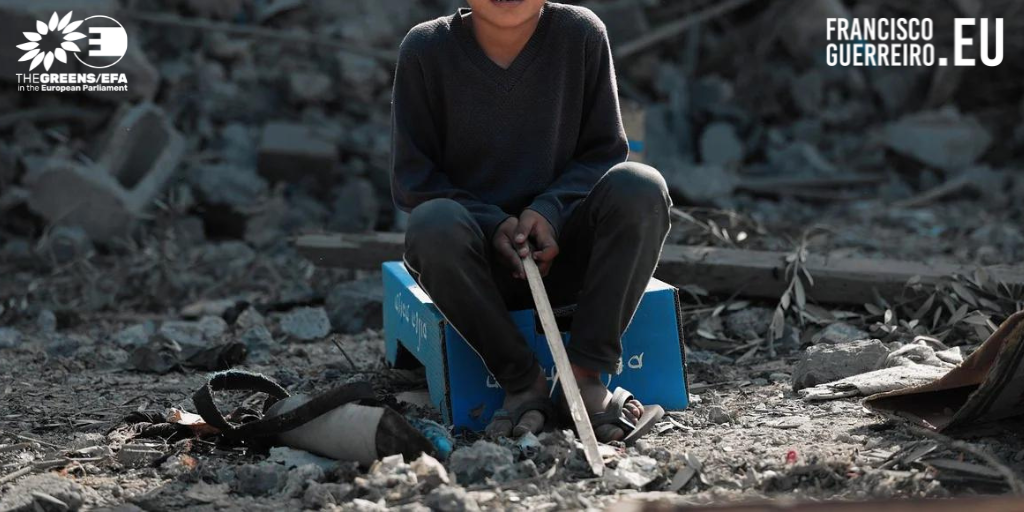
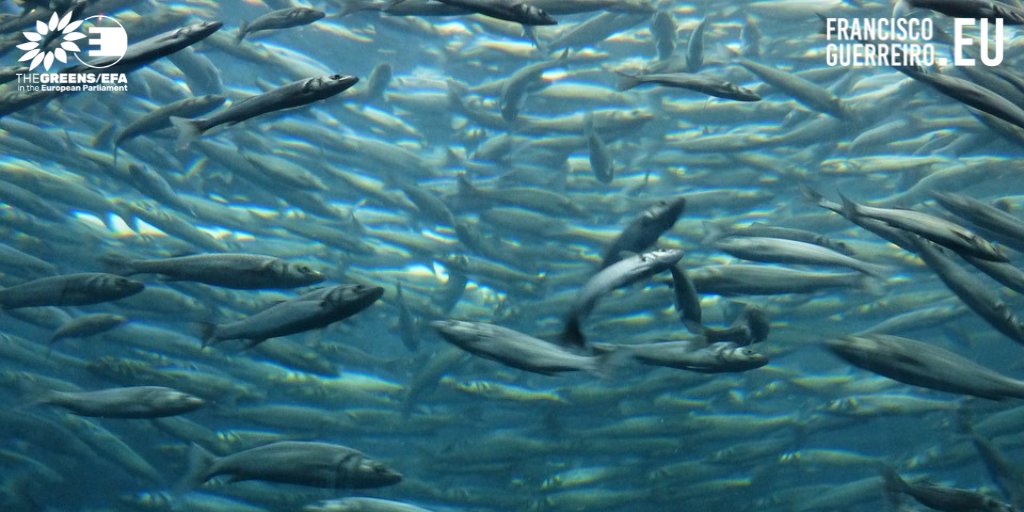
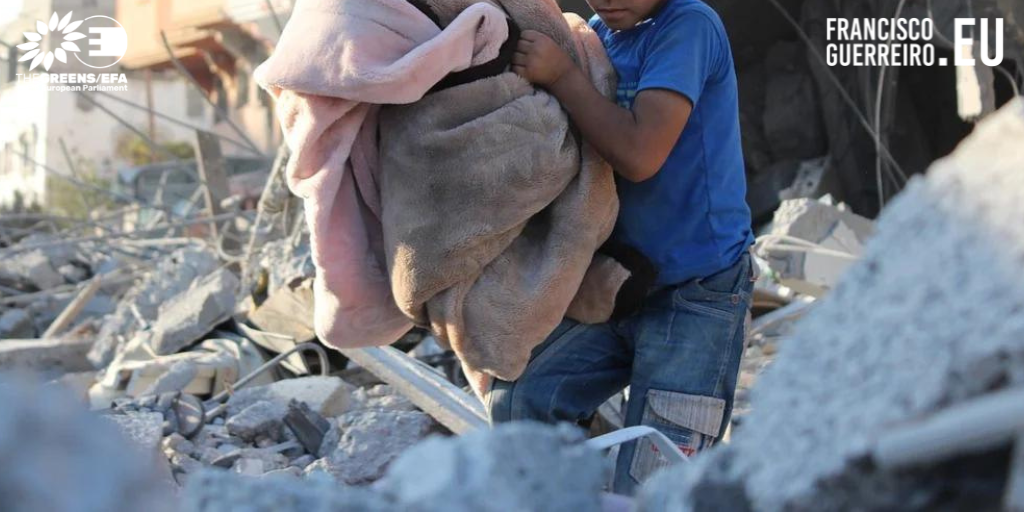
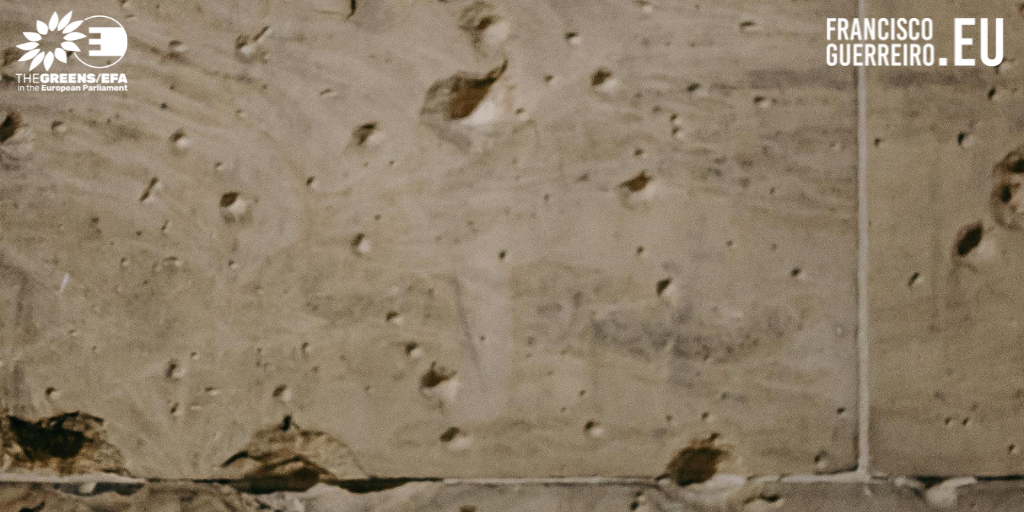
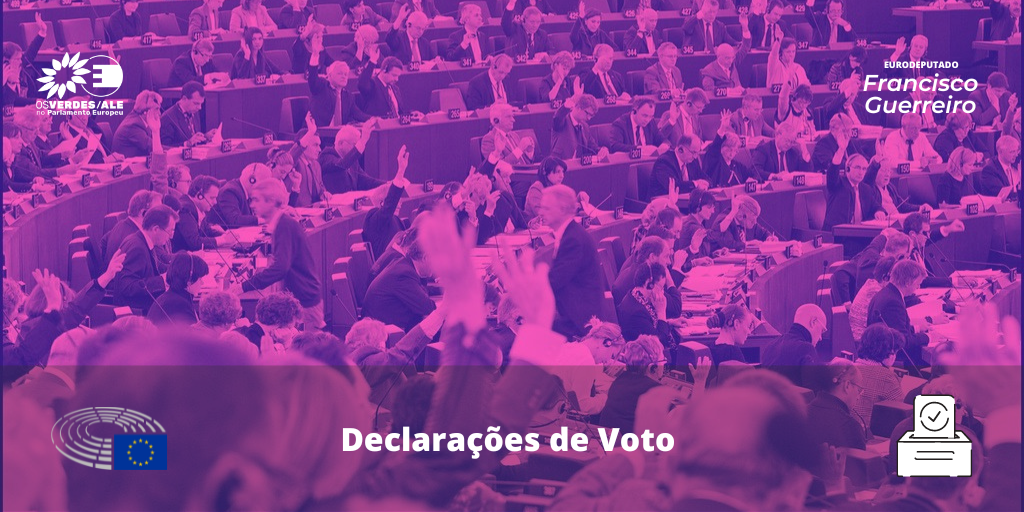
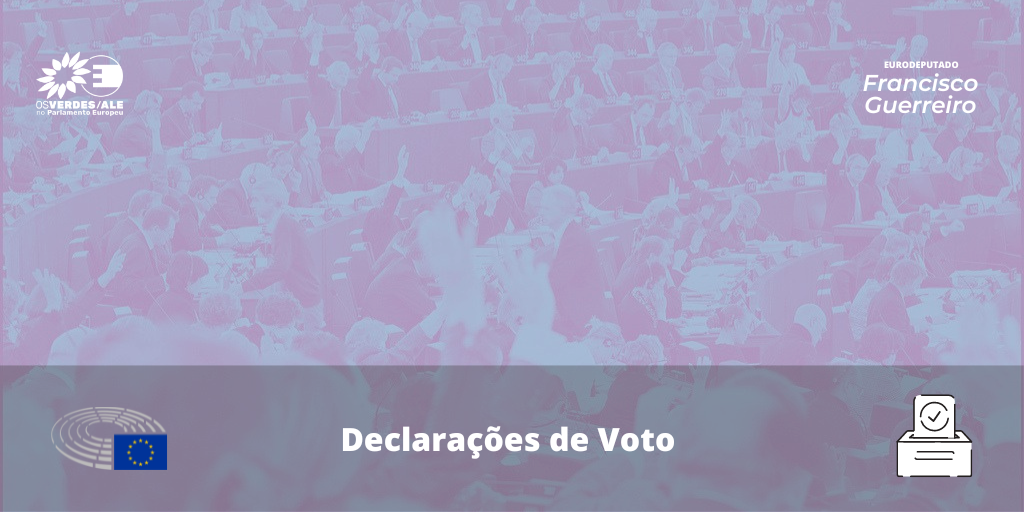
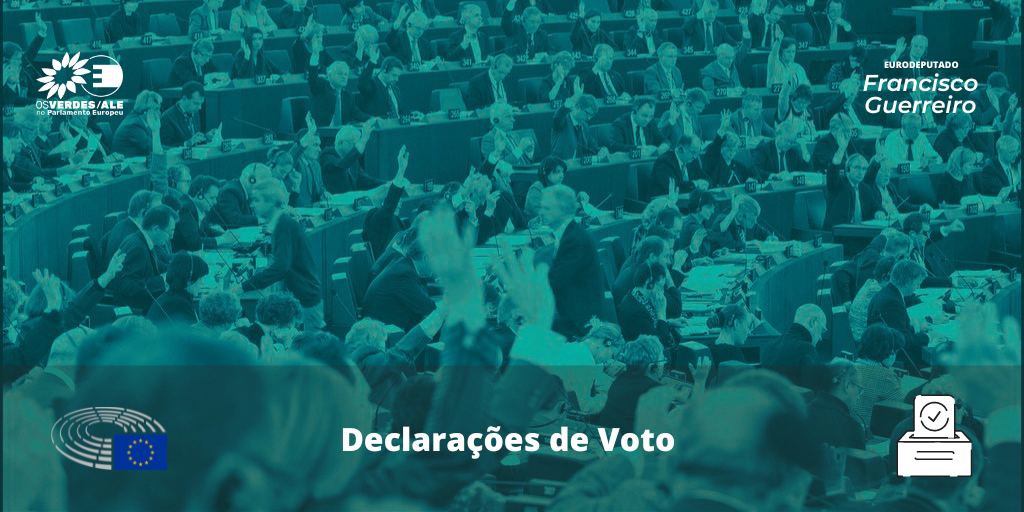
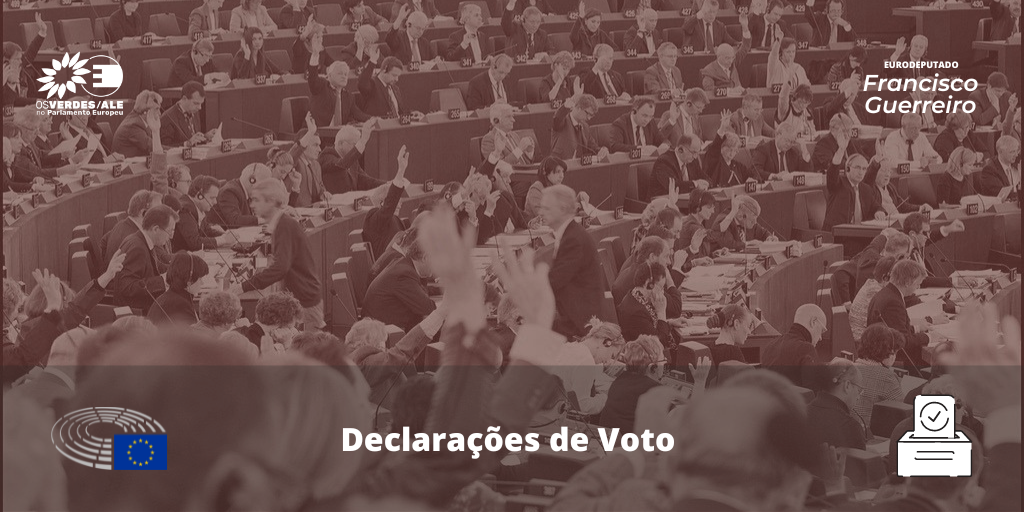
ParlTrack - Francisco Guerreiro considered one of the most productive MEPs
Monday, 01 July 2024
The analytical website ParlTrack has recorded all the parliamentary actions of MEPs during the 2019-2024 term, considering Francisco Guerreiro one of the most productive.READ MORE